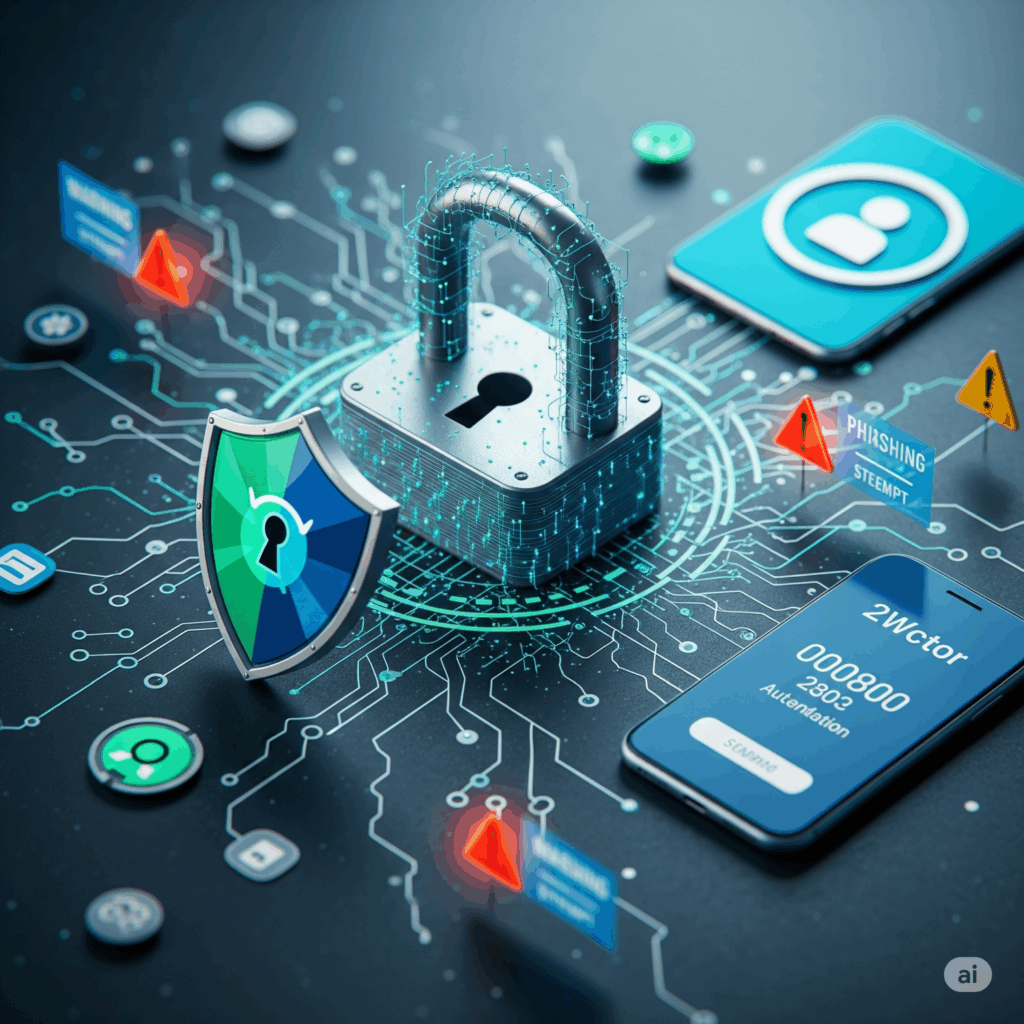Protecting Your Digital Identity: Essential Online Security for Adult Content Creators
As an at-home adult content creator, your online presence is both your livelihood and a potential target for malicious actors. Protecting your digital identity and maintaining strong online security is not just recommended—it’s essential for your safety, privacy, and the integrity of your business. This article will guide you through crucial security practices to safeguard yourself in the digital realm.
1. The Foundation: Strong, Unique Passwords #
Your passwords are the first line of defense against unauthorized access to your accounts.
- Complexity is Key: Create passwords that are at least 12 characters long and include a mix of uppercase and lowercase letters, numbers, and symbols.
- Avoid Personal Information: Don’t use easily guessable information like your name, birthdate, pet’s name, or common words.
- Unique Passwords for Each Account: Using the same password across multiple platforms is a major risk. If one account is compromised, all others become vulnerable.
- Password Managers: Consider using a reputable password manager (e.g., LastPass, 1Password, Bitwarden) to securely store and generate complex, unique passwords for all your accounts.
2. Adding an Extra Layer: Two-Factor Authentication (2FA) #
Enable 2FA whenever possible. This adds an extra step to the login process, usually requiring a code from your phone in addition to your password.
- How it Works: Even if someone knows your password, they won’t be able to access your account without the second verification code from your device.
- Enable on Key Accounts: Prioritize enabling 2FA on your email, social media, content platforms, and any accounts containing sensitive information.
- Authenticator Apps vs. SMS: Authenticator apps (like Google Authenticator or Authy) are generally more secure than receiving codes via SMS.
3. Shielding Your Connection: The Benefits of a VPN #
A Virtual Private Network (VPN) encrypts your internet traffic and masks your IP address, providing a layer of privacy and security.
- Privacy Protection: Makes it more difficult for third parties (like your ISP or potential hackers) to track your online activity.
- Bypassing Restrictions (Use with Caution): In some cases, VPNs can help bypass geographical restrictions, but be aware of platform terms of service regarding VPN usage.
- Security on Public Wi-Fi: Especially important when working from public places, as public Wi-Fi networks are often less secure.
- Choose a Reputable Provider: Research and select a well-established VPN provider with a strong privacy policy.
4. Recognizing and Avoiding Online Scams: #
The internet is rife with scams designed to steal your information or money. Be vigilant and cautious.
- Phishing Emails: Be wary of emails that ask for your login credentials, financial information, or urge you to click on suspicious links. Verify the sender’s authenticity before taking any action.
- Direct Message Scams: Scammers may try to impersonate fans or platforms through direct messages, promising large sums of money or threatening account suspension. Never share sensitive information via DM.
- Suspicious Links: Avoid clicking on links from unknown sources or links that look unusual. Hover over links before clicking to see the actual URL.
- “Too Good to Be True” Offers: Be skeptical of offers that seem unrealistic, such as guaranteed high earnings or instant fame.
- Protect Your Personal Information: Never share sensitive details like your full address, phone number, or financial information publicly or with unverified individuals.
5. Staying Updated and Informed: #
The landscape of online security threats is constantly evolving.
- Keep Software Updated: Regularly update your operating system, web browsers, antivirus software, and other applications to patch security vulnerabilities.
- Stay Informed About Common Threats: Educate yourself about the latest phishing tactics, malware, and online scams.
- Trust Your Gut: If something feels suspicious, it probably is. Err on the side of caution.
Proactive Security is Smart Business #
Investing time and effort in your online security is a critical aspect of running a successful and safe at-home adult content business. By implementing these essential practices, you can significantly reduce your risk of becoming a victim of cybercrime and protect your valuable digital identity.





